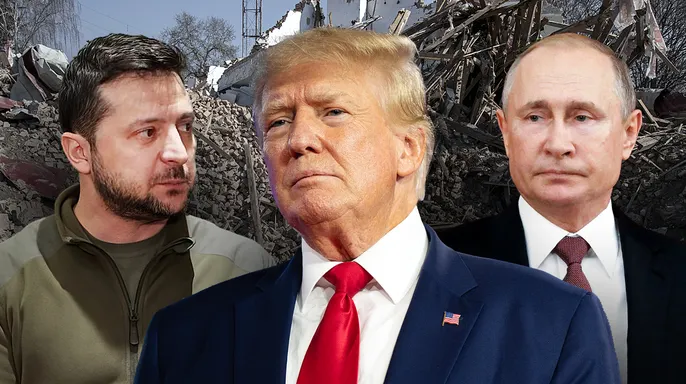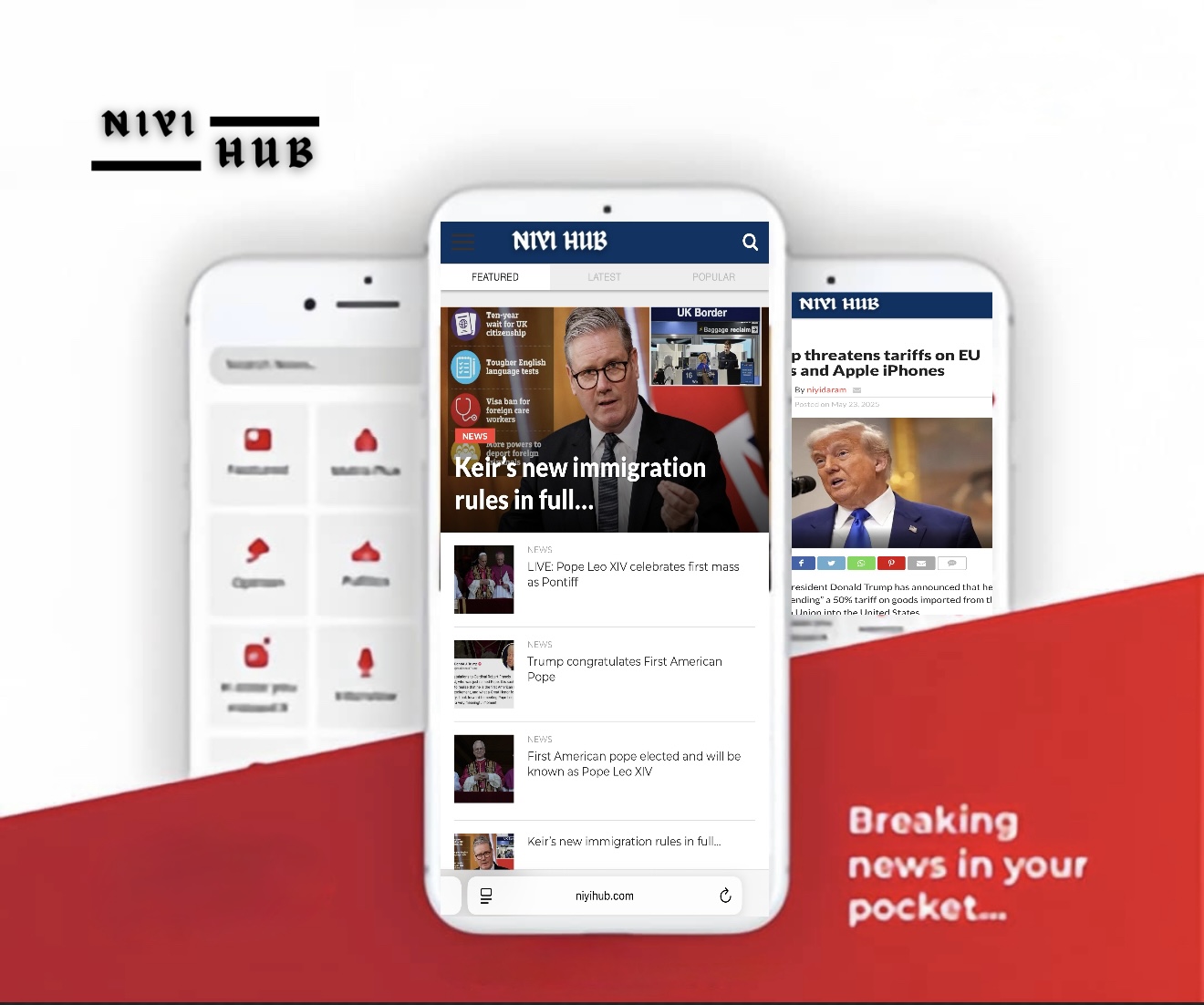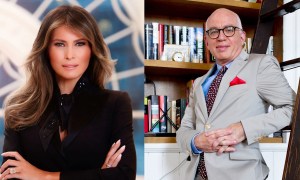Trump and Putin Discuss Ceasefire Terms as Ukraine Faces Key Concessions
U.S. President Donald Trump is set to push for a ceasefire in Ukraine during a high-stakes call with Russian President Vladimir Putin on Tuesday. Key issues expected to be on the table include Ukraine’s NATO aspirations, territorial disputes, and control of Europe’s largest nuclear power plant.
According to the White House, the call began at 10 a.m. ET. Kremlin spokesperson Dmitry Peskov stated that the discussion would last “as long as they deem necessary.” He acknowledged some level of understanding between Moscow and Washington but emphasized that many issues remained unresolved, including the “normalization of bilateral relations.”
Trump, in a post on Truth Social late Monday, said he was looking forward to the discussion, claiming that “many elements of a Final Agreement have been agreed to, but much remains.” The call is expected to address what Ukraine may need to concede in exchange for a ceasefire after three years of war.
Ukraine’s Land and Energy Resources at Stake
Trump has been advocating for a 30-day ceasefire proposal, which Ukraine accepted last week. He suggested Sunday that the negotiations would involve “dividing up certain assets,” including land and power infrastructure. Among the assets reportedly up for discussion is the Zaporizhzhia nuclear power plant, Europe’s largest nuclear facility.
Another focal point is the Kursk region, where Ukraine controls a small portion of Russian territory, while Moscow has seized several Ukrainian regions. Trump hinted that Ukrainian troops in Kursk were in a vulnerable position, stating that his administration’s temporary suspension of military and intelligence aid to Kyiv was intended to “get Ukraine to do the right thing.”
Meanwhile, Russian forces have advanced in Kursk, attempting to push out Ukrainian troops. U.S. Special Envoy for the Middle East Steve Witkoff, who recently met with Putin in Moscow, suggested that ceasefire talks would likely include territorial concessions from Kyiv in this region.
NATO Membership for Ukraine “Incredibly Unlikely”
One of Russia’s core demands throughout the war has been to block Ukraine from joining NATO. Trump’s national security adviser, Mike Waltz, said Sunday that the likelihood of Ukraine gaining a NATO pathway was “incredibly unlikely.”
However, Ukrainian President Volodymyr Zelenskyy has previously indicated a willingness to resign in exchange for peace or NATO membership, which he views as critical to Ukraine’s long-term security.
Keir Giles, a fellow at London-based think tank Chatham House, said the Trump-Putin call was likely about “meeting additional demands from Putin at the expense of Ukraine.” He described Trump’s willingness to discuss the division of assets as aligning with “the classic Russian principle of demanding everything and settling for half, enforced by an outside third party.”
Eastern Europe Responds to Russian Ambitions
The ongoing conflict has drastically reshaped Eastern Europe’s security dynamics, prompting neighboring countries to boost defense spending. On Tuesday, Poland, Estonia, Latvia, and Lithuania announced their withdrawal from the Ottawa Treaty, an international agreement banning anti-personnel mines.
Giles warned that U.S.-Russia negotiations over Ukraine’s territory set a dangerous precedent, not just for Ukraine but for other countries in Eastern Europe. He added that U.S. allies worldwide were “watching this process with horror because they know… they could be next.”
As discussions between Trump and Putin unfold, the global stakes remain high, with the outcome potentially redefining Europe’s security landscape and U.S. foreign policy in the region.

















